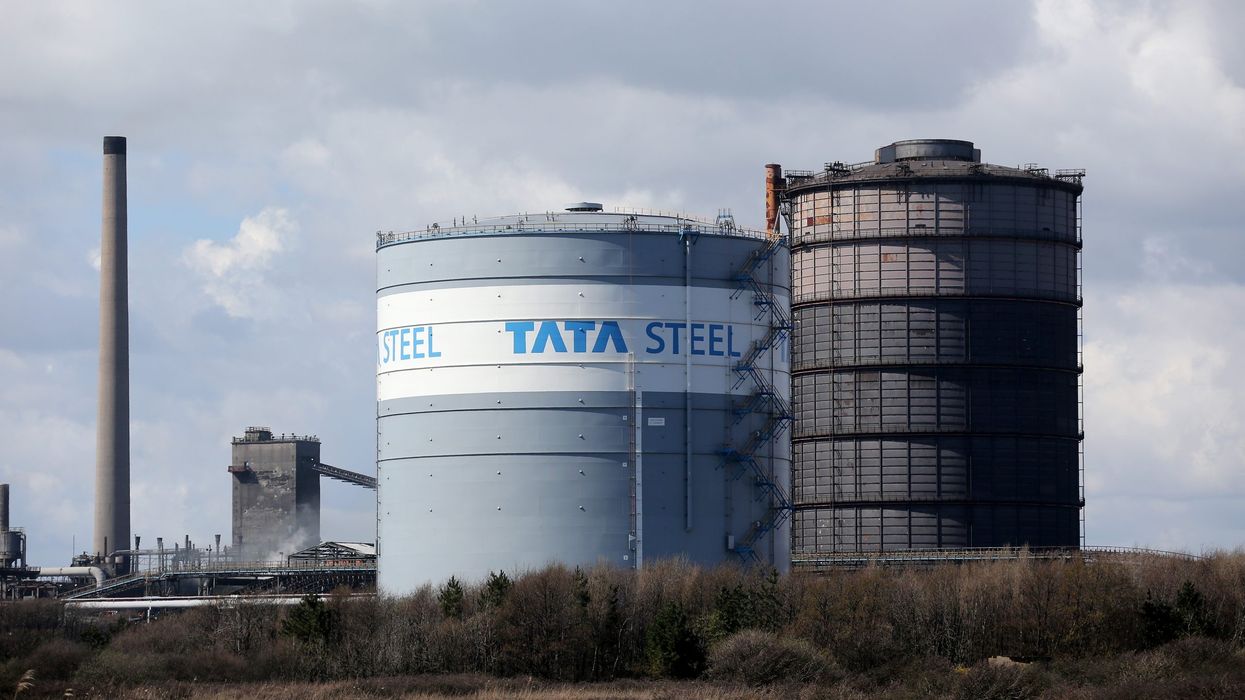LABOUR leader Sir Keir Starmer has attacked the controversial rescue deal thrashed out by the Sunak government to help Tata Steel transition to a less polluting furnace at its Port Talbot plant in the UK.
Tata Steel had struck an agreement with Rishi Sunak earlier this year in which £500 million of state aid was to be provided in return for switching its Port Talbot works to electric arc furnace (EAF) production.
But before the deal between Tata and the government could be signed, Sunak called for a snap poll and it is unlikely to happen before July 4.
During a campaign visit to Wales last week he vowed to “fight for every single job that they have there and for the future of steel here in Wales”.
The Labour is likely to clarify its position on Port Talbot this week.
The switch to greener production would preserve the future of Tatas in the UK. However, the move will lead to 2,800 job losses.
Tata executives argue that it is a necessity to stem losses of £1 million a day at Port Talbot. They have warned that without such a deal, Tata could withdraw from the UK altogether.
The company employs a further 5,000 people across 13 sites in the Midlands, northeast, Yorkshire and Northern Ireland.
Starmer's statement has been welcomed by Roy Rickhuss, general secretary of the steel union Community.
Rickhuss felt it was not too late for the company to change course from their damaging bad deal.
The Indian company is adamant about sticking to its earlier plan to shut Port Talbot’s two remaining blast furnaces by September.
Tata Steel UK chief executive Rajesh Nair wrote to employees that neither the general election nor its outcome will have any impact on the decision to shutter the two remaining blast furnaces.
The company's CEO, T V Narendran, has said that job losses during a transition phase are 'inevitable'.
Narendran said the electric arc furnace will help make the company competitive with a lower production cost, and also help reduce air pollution.
Tata Steel plans to complete its decarbonisation drive in the UK in three years.
Unions step up action
Meanwhile, the union leaders are preparing to ramp up industrial action at Tata Steel's two south Wales steelworks.
Unite said such moves at the Port Talbot and Llanwern works are planned after Tata Steel, which threatened to cut redundancy pay in response to members voting for an overtime ban.
The unions want to keep one blast furnace running while building an electric arc furnace, saving jobs. Tata has rejected the proposal saying it is not financially viable.
Labour has said it would invest £3 billion in the transition to green steel, but it has distanced itself from the unions' demands.




